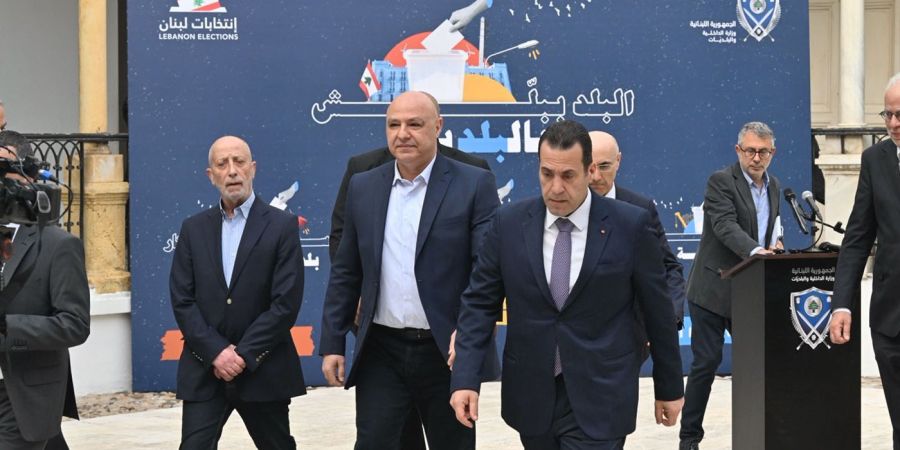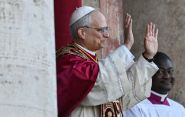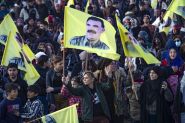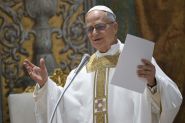President Aoun Closely Monitoring Election Day Progress Since Morning
- 04/05/2025
- 5 comments
- 36
- 125


This is Beirut 14:30

Moncef Ait-Kaci 11:00

This Is Beirut 08/05 21:50

This Is Beirut 08/05 19:50

This is Beirut 08/05 17:20

This is Beirut 15:48

This is Beirut 14:45

This is Beirut 12:55

This is Beirut 12:45

This is Beirut 12:02
This is Beirut 08/05 21:53
This is Beirut 08/05 17:25
This is Beirut 08/05 14:40
This is Beirut 08/05 12:20

This is Beirut 08:05

This is Beirut 08/05 23:20

This is Beirut 08/05 19:40

This is Beirut 08/05 19:35

Christiane Tager 07/05 22:15

Marie-Christine Tayah 15:00

This is Beirut 12:00

This is Beirut 10:00

This is Beirut 08/05 13:10

This is Beirut 08/05 12:20

This is Beirut 14:30

Makram Haddad 09:30

This is Beirut 08/05 20:05

Makram Haddad 08/05 12:35

This is Beirut 08/05 12:20

This is Beirut 08/05 15:15

Bélinda Ibrahim 07/05 12:00

Makram Haddad 02/05 15:05

Bélinda Ibrahim 30/04 15:00

This is Beirut 30/04 12:55

par Ici Beyrouth, 15:38

par Ici Beyrouth, 15:30

par Ici Beyrouth, 15:20

par Ici Beyrouth, 14:45

par Ici Beyrouth, 14:30